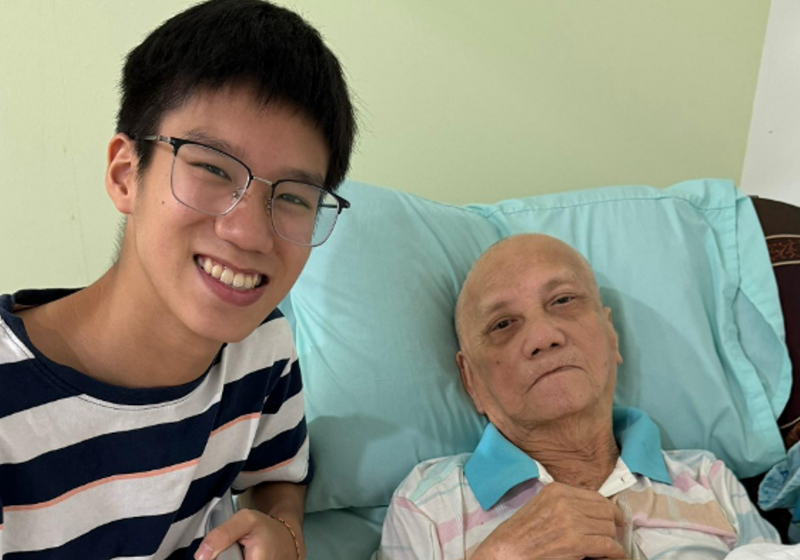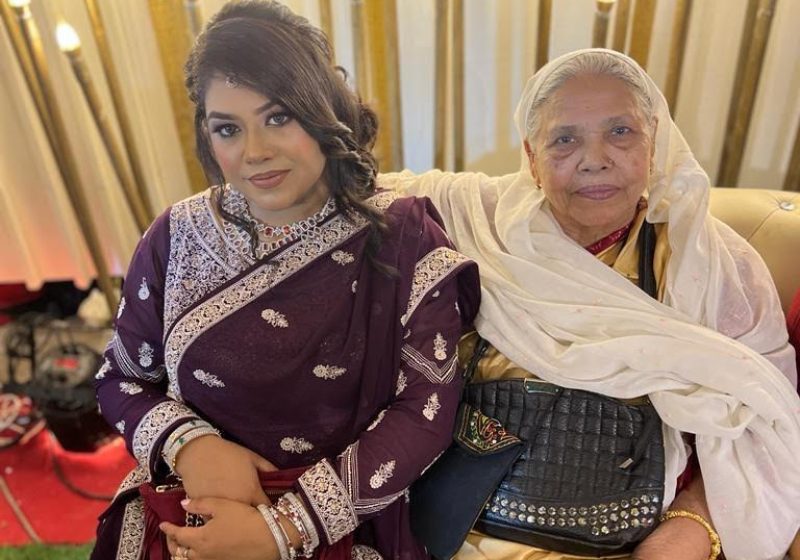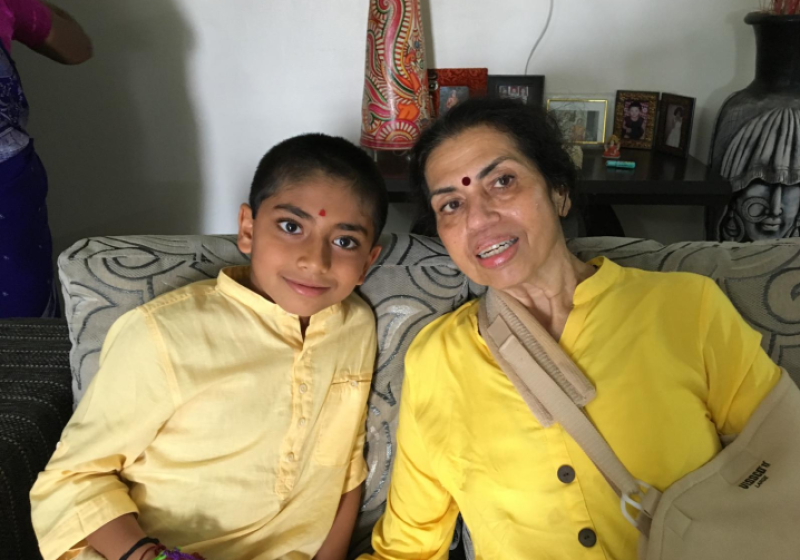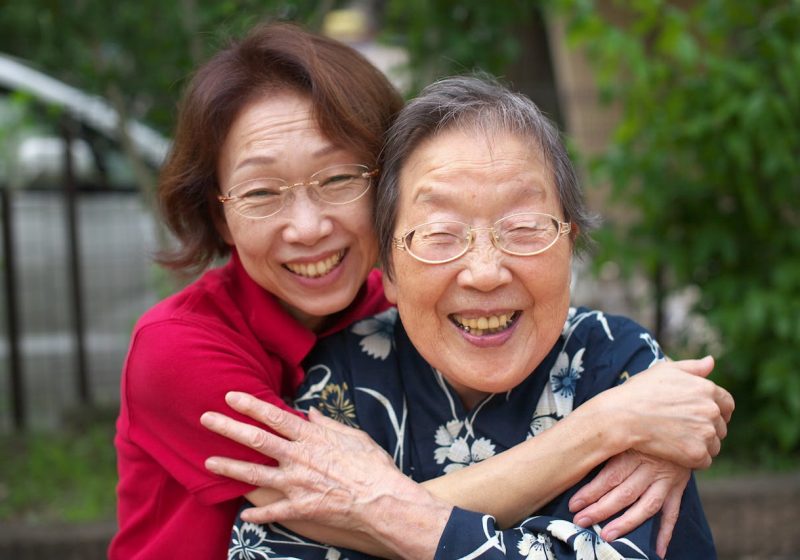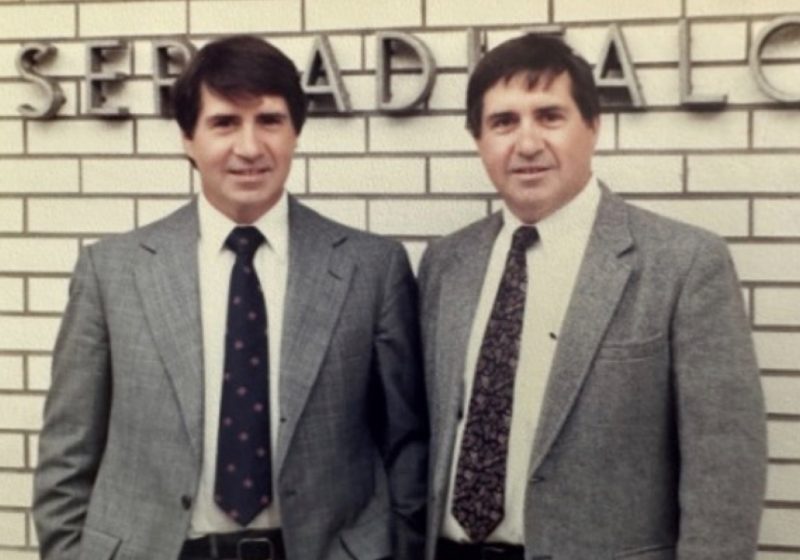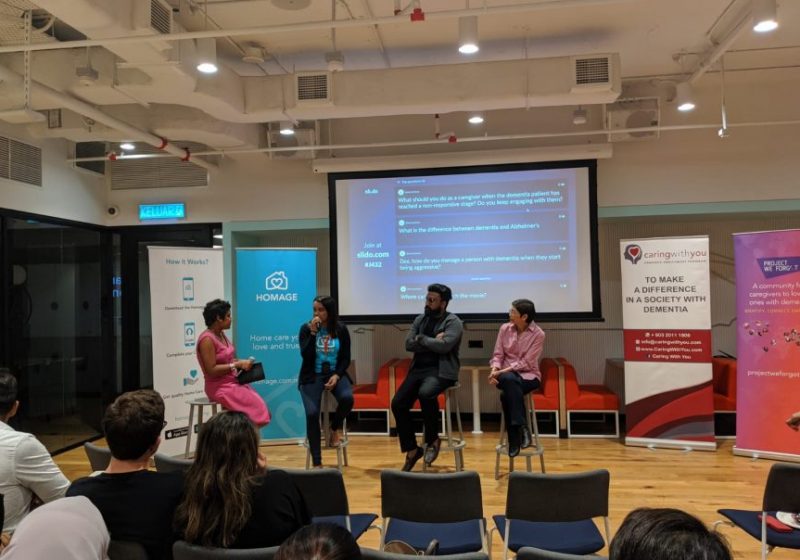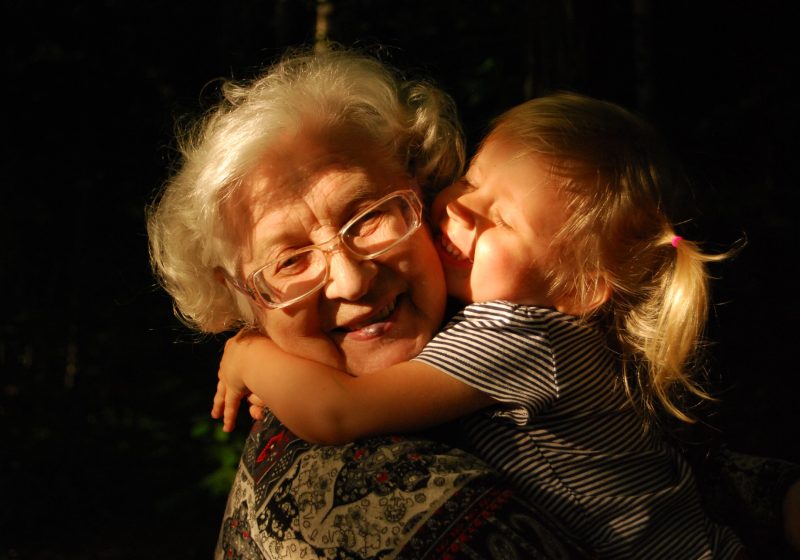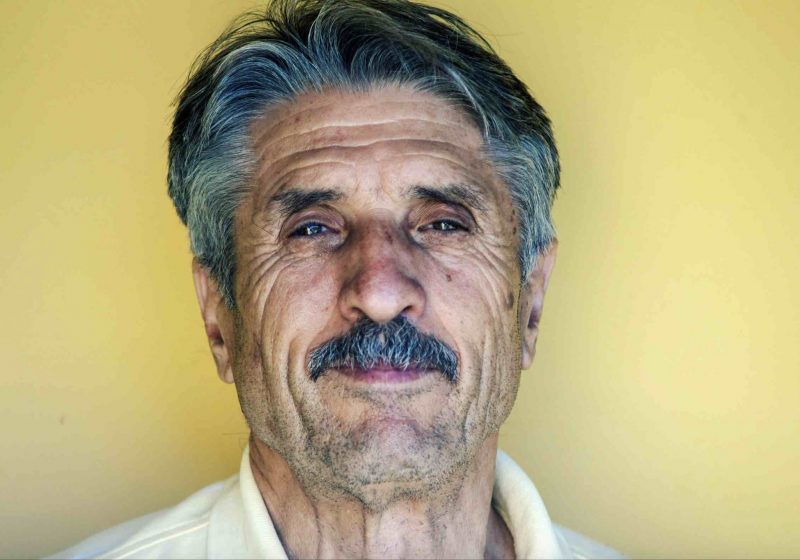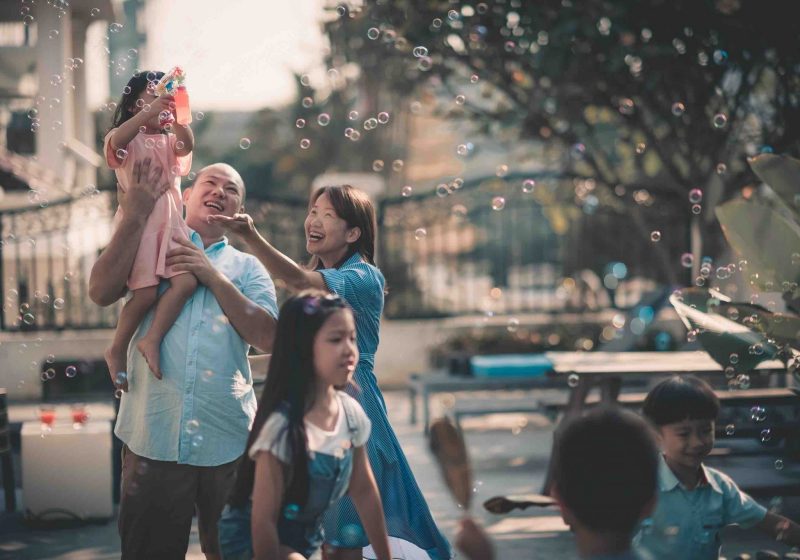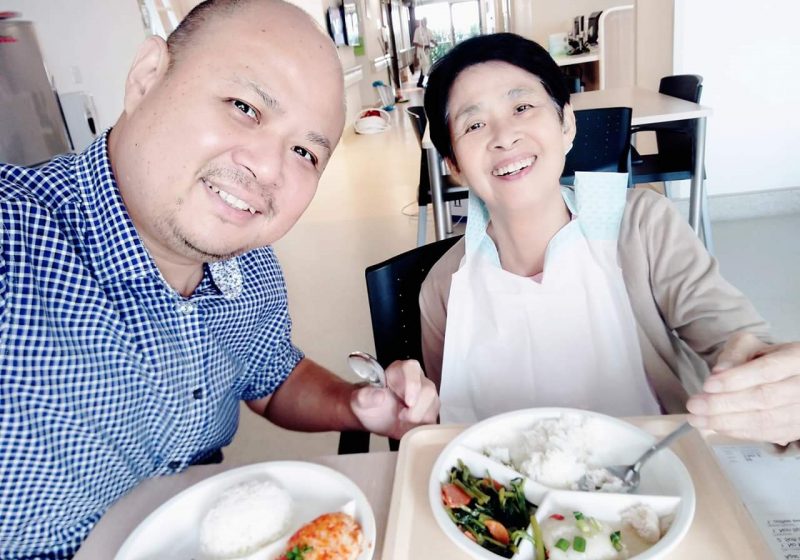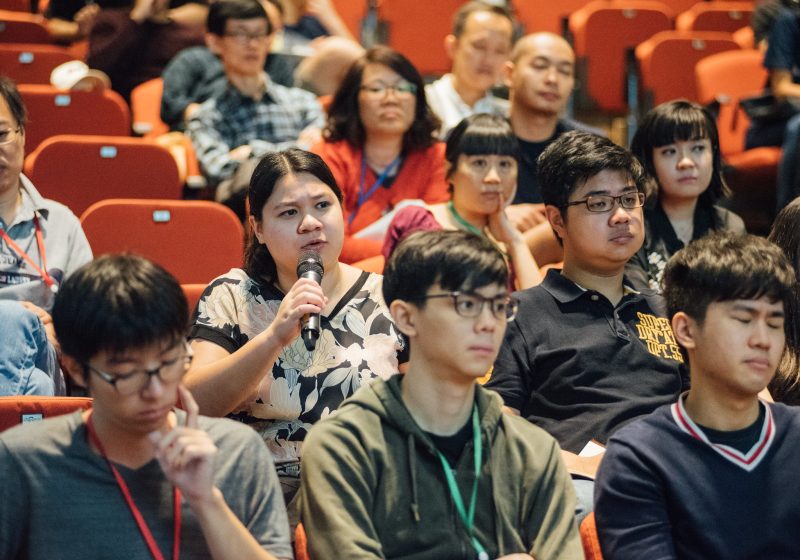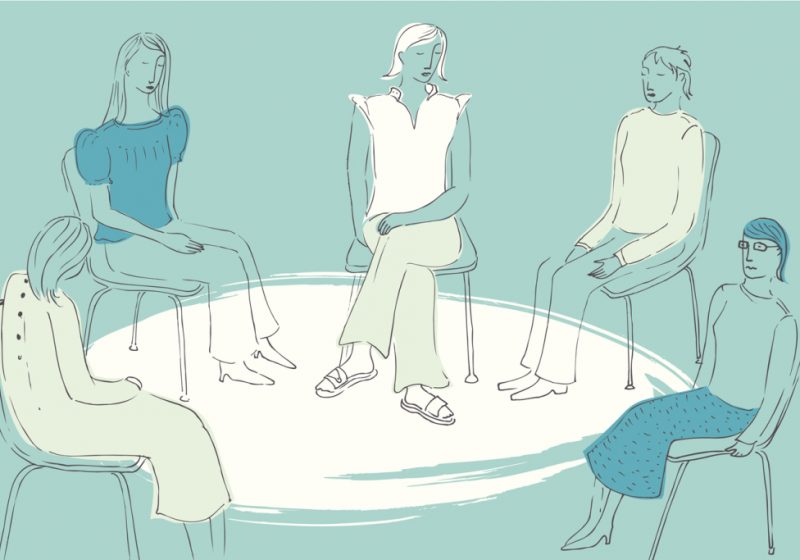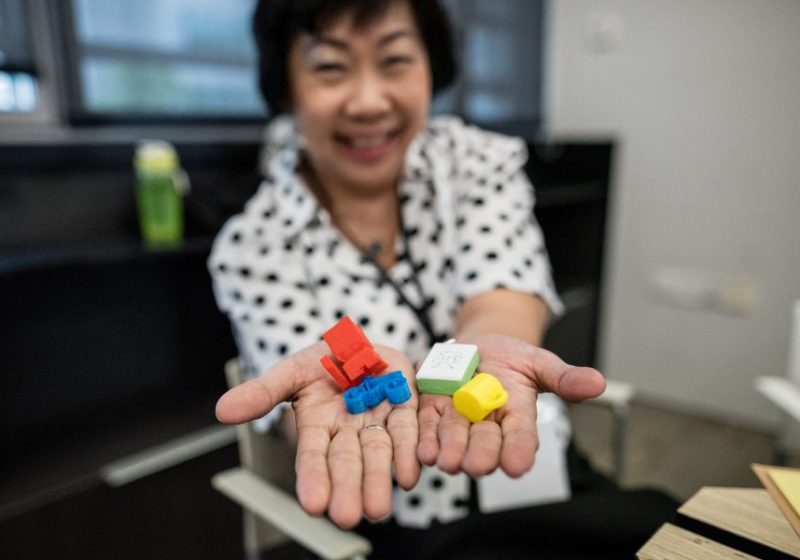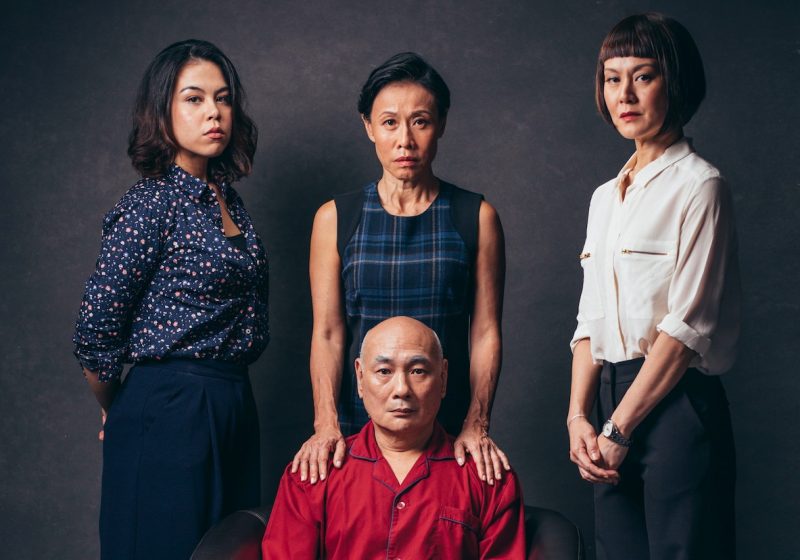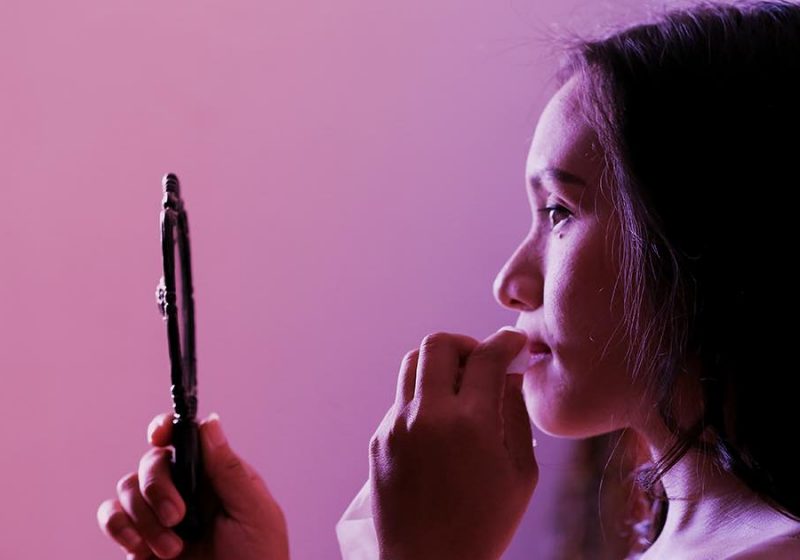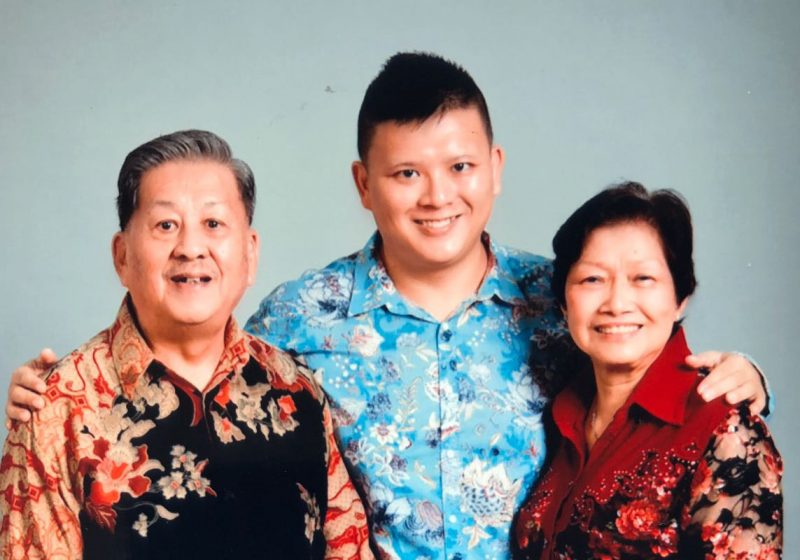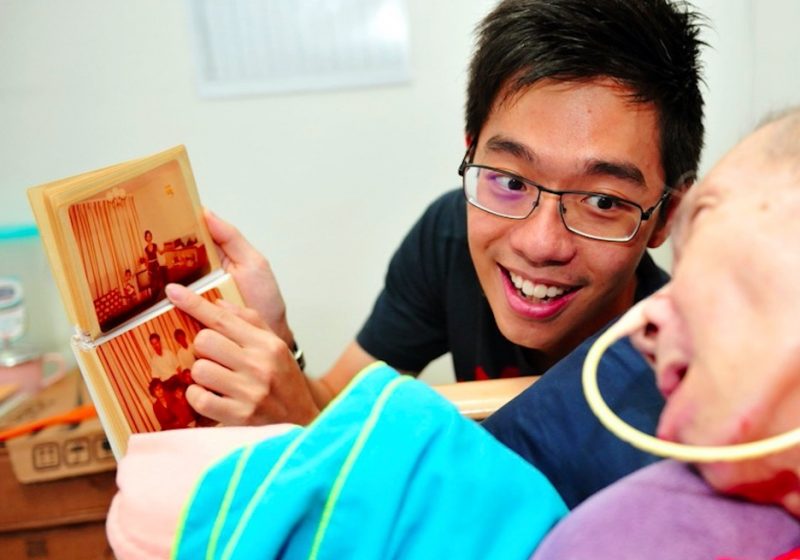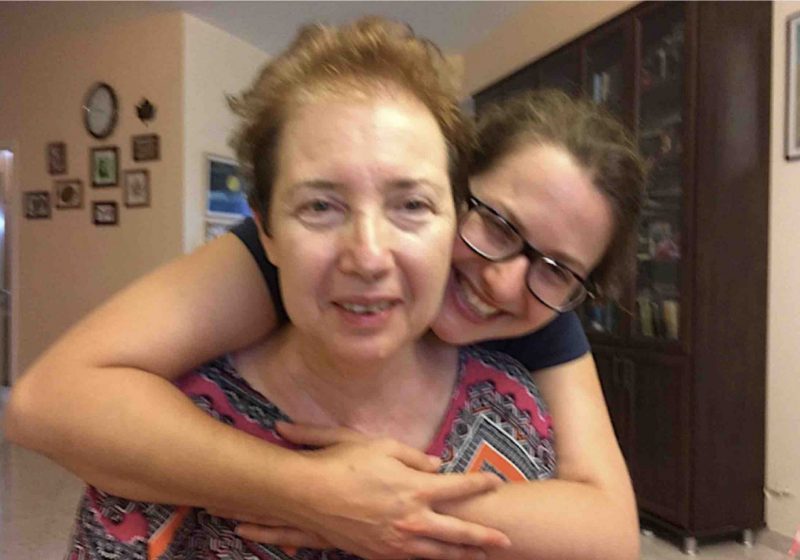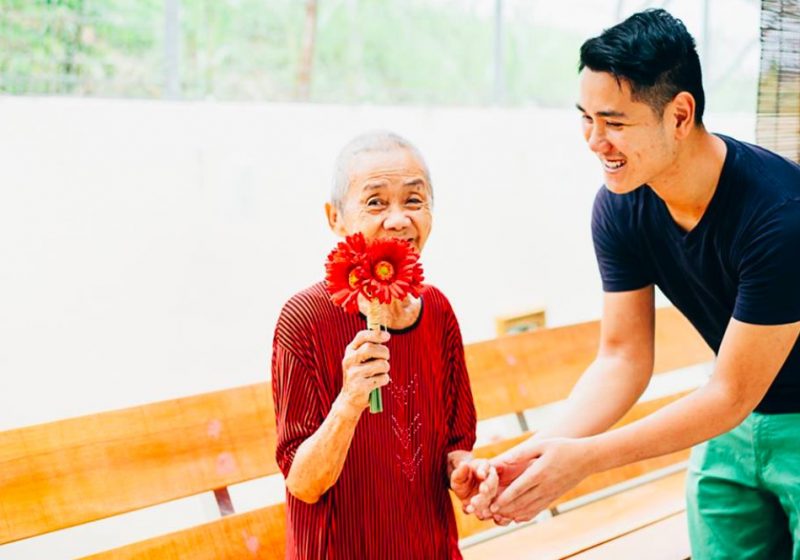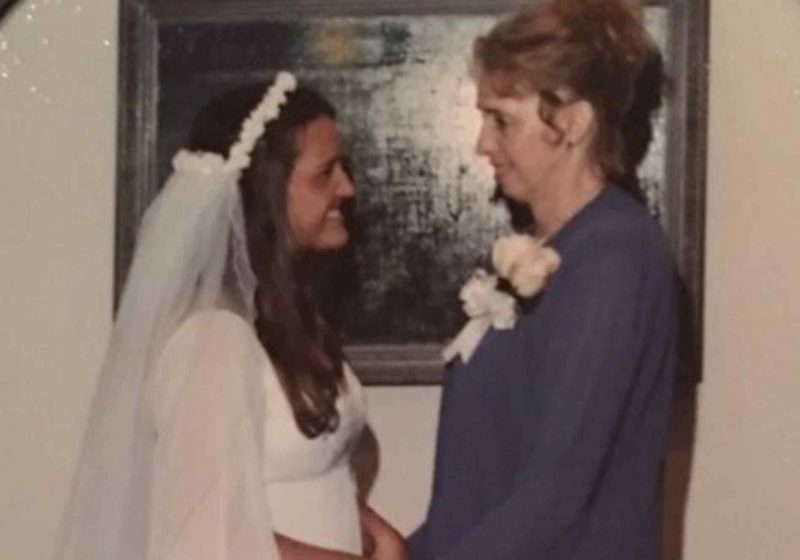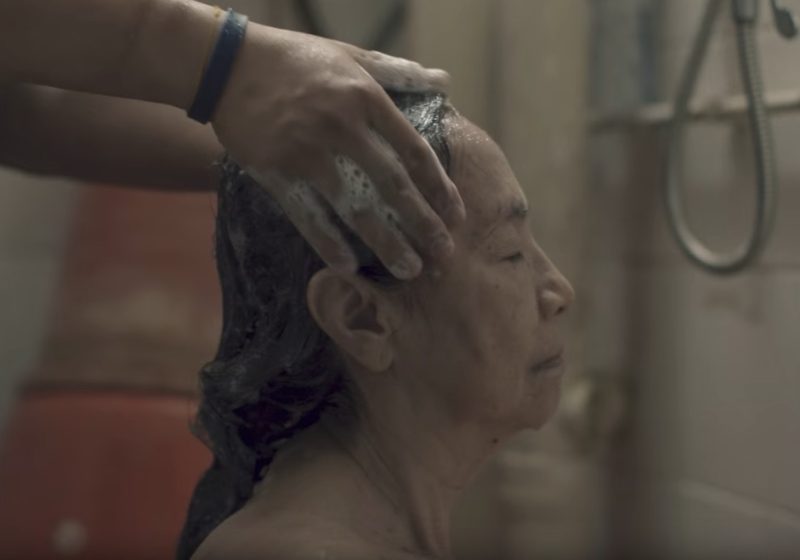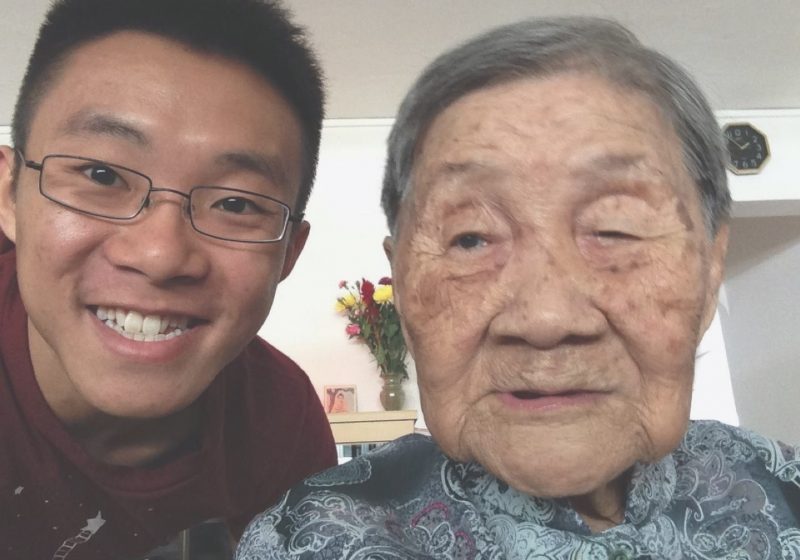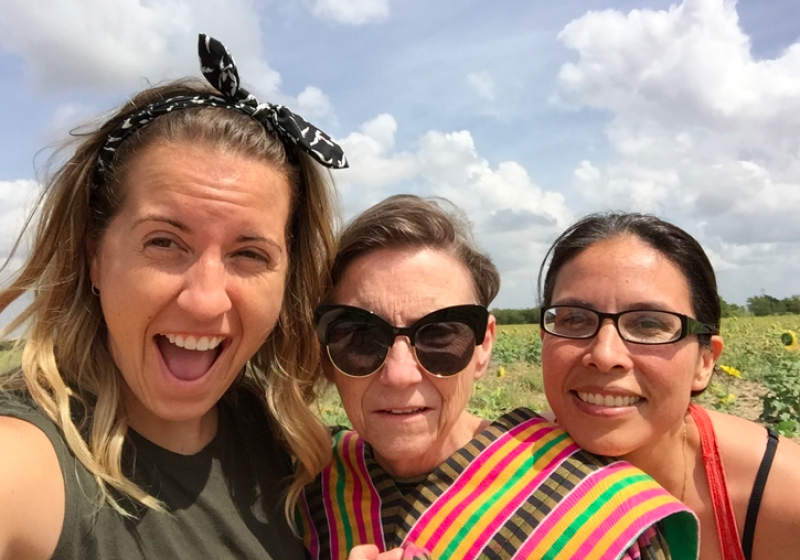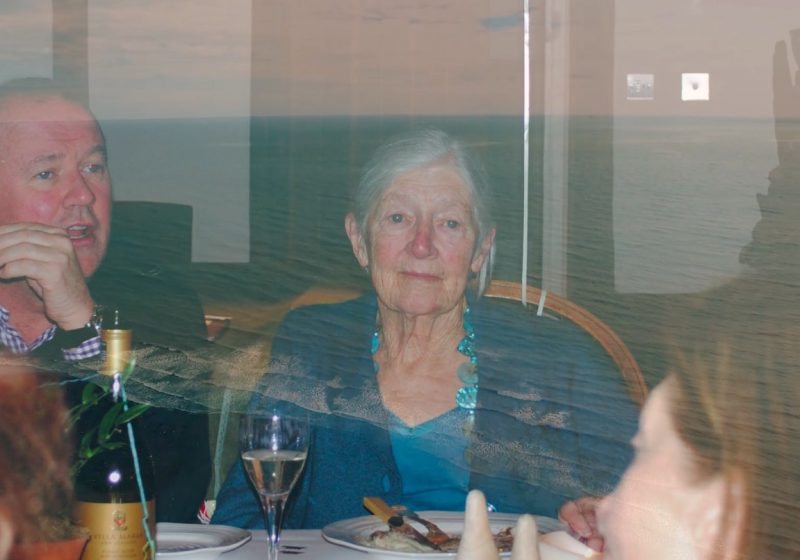Galen Yeo is a caregiver to his mother with dementia and the Creative Director of The Moving Visuals Co., the production house behind the “Facing Dementia” series. By documenting the lives of people living with dementia, he paints a picture to bring out the very essence of caring for a loved one with dementia.
By Y.J Yeap
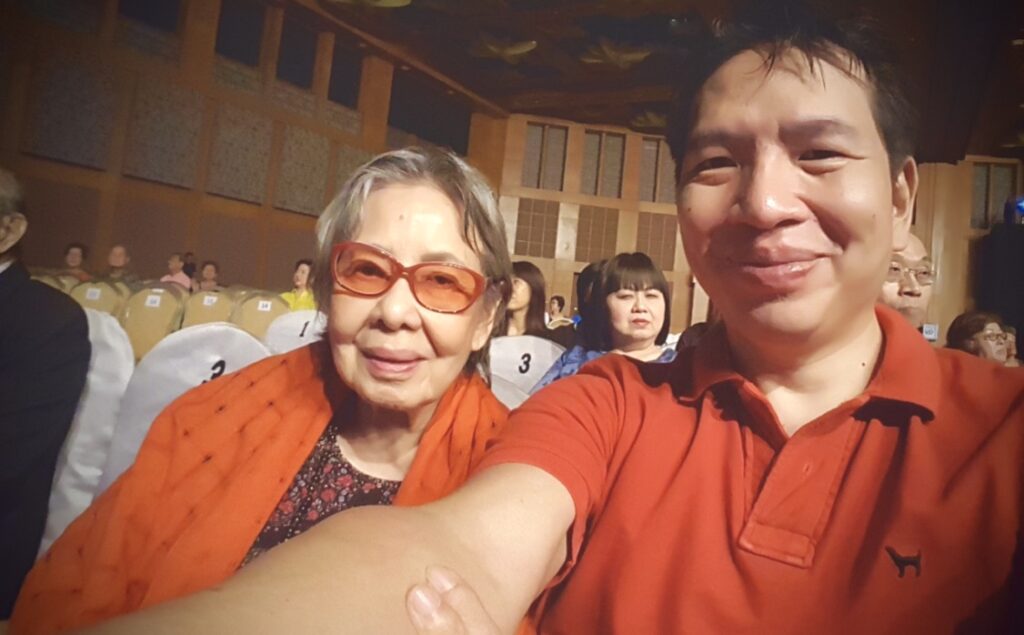
Breaking Norms
Galen Yeo, Creative Director of The Moving Visuals Co., is the brains behind the “Facing Dementia” series, which aired on Channel NewsAsia. By documenting the lives of people living with dementia, he paints a picture to bring out the very essence of caring for a loved one with dementia.
He does this in the hope of shedding light on the topic and allaying the fears of dementia. The series aims to create greater awareness on dementia — its causes, issues and actions to take. With his series, he reveals that the life of caring for someone with dementia is certainly much more than what meets the eye.
This creation was inspired by his personal experience caring for his mother with dementia. Despite being motivated by his personal story for the project, Galen initially struggled with having to take on the perspective of the filmmaker rather than that of a son. But, he pulled himself together to confront his own emotions so that he could contribute to a wider audience who would benefit from his story, and the story of other caregivers.
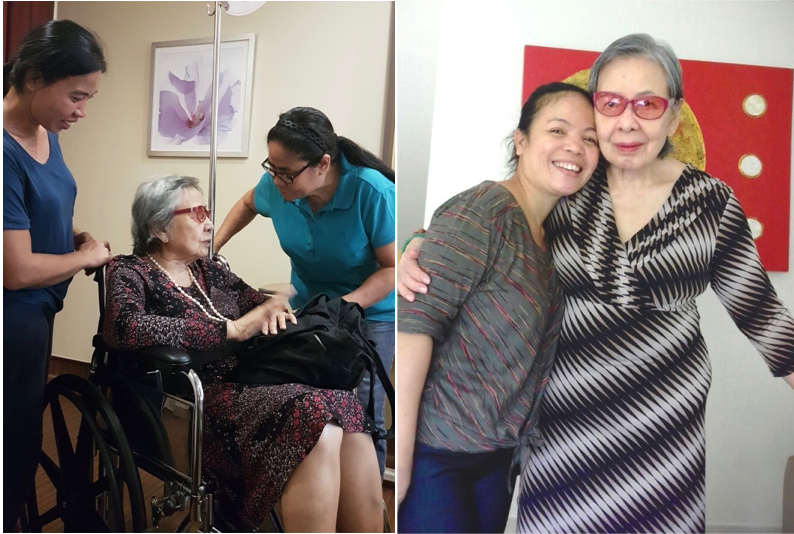
My Mother’s Caregivers
Galen Yeo’s mother, Yong Liu Hin, was diagnosed with dementia in 2013. As a working professional, he faces the problem of striking a balance between work and helping to care for his mother. Fortunately, Galen’s mother is also looked after by many others. The family’s helper, Canette, is his mother’s primary carer and has been with the family for close to thirty years. She is helped by her niece, Mary-Jean, who joined the family in 2016. Galen’s aunt Lew See, also drops by daily to spend time with Mdm Yong and check in on Galen’s father, who is 89 years old. Galen’s sister, Nicola also helps out whenever she can.

The Fight Within
Despite the strong family support, Galen’s biggest challenge is finding time to care for his mother despite his busy schedule. “The many ‘what ifs’ in life often come to mind. What if we did things better? What if we tried harder to stop my mother’s mental decline. But, I have come to accept that having the knowledge is one thing, and execution is another. Living in the past would not benefit my mother’s situation in the present,” said Galen.
Galen recognises that his mother’s greatest desire at this point in life is companionship. He works to improve her quality of life, by spending more time with his parents when he can. Sometimes, he will come up with new ideas to occupy his parents but it is admittedly tough to implement a system that caters to both his mother and father’s every need on a 24 hour basis.
To alleviate boredom, Galen gets his family caregivers to focus on making the day go by with lighter moments, with music and song. This has worked well. “There is no one solution or quick fix. I am only able to spend a limited amount of time with my parents. I am determined to make every moment count,” said Galen.
One thing is for sure though, time and commitment makes a whole lot of difference.
“Focus on the details and work on them. Don’t orchestrate big plans. Live in the present and address any current issues. That’s all it takes to care for a person living with dementia.”
The Lesson Learnt
“The smallest deed is better than the greatest of intentions.”
Galen believes that focusing on the details and working on them is more effective than orchestrating big plans. Living in the present and addressing any current issues is all it takes to care for a person living with dementia.
Due to the multifaceted nature of dementia and its many causes, he realises that society has a long way to go in improving life for people with dementia. He reckons that this can be improved with the right change in mindset and proper education.
Galen feels that most people do not realise that people with dementia are people with a disability who need help and understanding. Despite this disease, these people still have to be treated with dignity.
Dementia is a condition that has no cure and no fixed, one-sized-fits-all solution. Thus, prevention is better than a cure. He stresses that we have to utilise this awareness to take better care of ourselves and our mental state.

Words to Carers
“Caregivers, take time to recognise your efforts and realise that you are doing a phenomenal job.”
Your loved one with dementia may be your immediate priority, but Galen emphasises that it is vital to find time for themselves too. He feels that “caregivers can walk a longer road, with sufficient rest”. He also stresses that caregivers should take time to recognise their own efforts and to realise that they are doing a phenomenal job.
In caring for a person with dementia, it is essential to have a strong support system. The journey is long and arduous. Caregivers need someone they can confide in. “Being objective and open-minded also helps you to better digest new information and deal with the condition and circumstances. It’s impossible to plan this journey, but with more exposure to information, we can address things much better,” said Galen.
While the person living with dementia may not always show appreciation, Galen knows that his mother does appreciate being looked after, in spite of occasional issues. Although there are still challenges ahead, his family is coping much better than before.
Galen also highlights that caregivers should always remember that the effort they put into caring for their loved one is commendable, and does make a real difference to people’s lives.
FACING DEMENTIA is a 5-part series that looks at one of the most pressing social and medical issues of our time. By 2030, some 90,000 Singaporeans are projected to have dementia. The series covers various aspects from diagnosis to caregiving to treatments and debunks some misconceptions about the condition. Watch Facing Dementia here.


